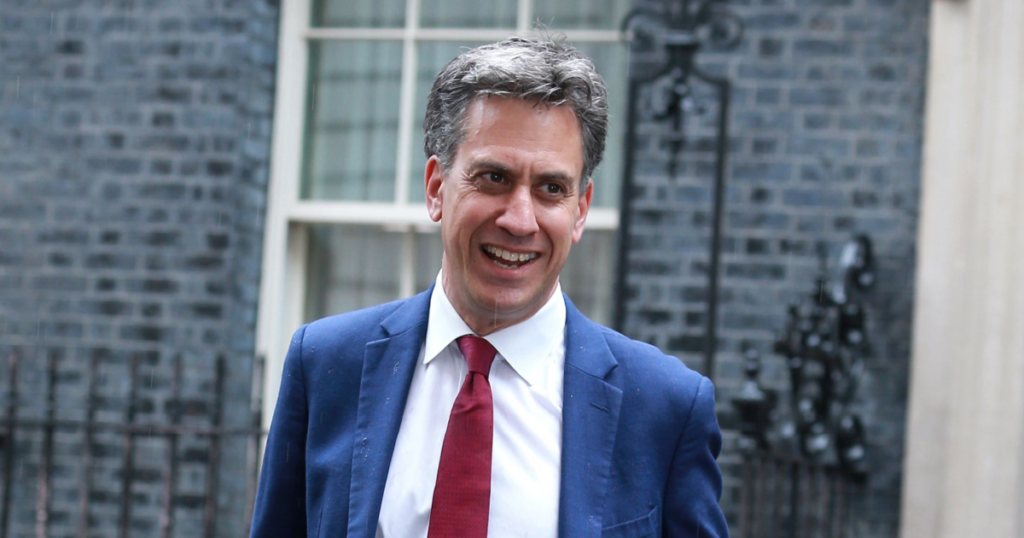UK Government commits £14.2 billion to Sizewell C, totaling £17.8 billion investment, signaling a major push for energy independence.
Sizewell C expected to power 6 million homes, create 10,000+ construction jobs, and generate £1–1.5 billion in annual system savings.
Project funded via Regulated Asset Base (RAB) model, ensuring consumer protection through cost controls and independent oversight.
The UK Government has formally approved Sizewell C, marking the first majority British-owned nuclear power plant announcement in over three decades. The Chancellor is set to confirm £14.2 billion in funding at the GMB Congress, adding to the £3.6 billion already invested, bringing total government commitment to £17.8 billion.
Sizewell C represents a critical step toward energy sovereignty and a revitalized UK nuclear sector. Over 70% of construction contracts will go to UK companies, bolstering domestic supply chains and economic growth. The project is located on the Suffolk Coast, adjacent to Sizewell A and B, and has been described by consultancy Enco as “the best-prepared nuclear energy site in modern nuclear history.”
Ed Miliband, Secretary of State for Energy Security and Net Zero, emphasized the strategic significance:
“We will not accept the status quo of failing to invest in the future and energy insecurity for our country. We need new nuclear to deliver a golden age of clean energy abundance, because that is the only way to protect family finances, take back control of our energy, and tackle the climate crisis.”

Sizewell C will generate clean, reliable power for approximately 6 million UK homes — about 20% of the national total. It is also expected to create more than 10,000 direct jobs and 1,500 apprenticeship opportunities, nurturing the next generation of British engineers, scientists, and construction workers.
The project’s funding model is the first UK nuclear plant to use the Regulated Asset Base (RAB) approach. This model shields consumers from cost overruns through independent regulation, strict cost controls, and transparent oversight, ensuring affordable, low-carbon energy without undue financial risk to families.
RELATED ARTICLE: UK Unveils Historic Clean Power Plan to Secure Energy Independence by 2030
Beyond jobs and energy, Sizewell C will generate additional revenue for over 3,500 UK companies, including firms like Wright Bus in Northern Ireland and William Hare Group in Wales.
The project arrives at a time when UK energy security and affordability have dominated public discourse, driven by volatile gas markets and recent crises. The government’s investment aims to reduce dependency on overseas energy supplies and stabilize bills. Miliband added:
“This is the Government’s clean energy mission in action – investing in lower bills and good jobs for energy security.”
Chancellor Rachel Reeves hailed the announcement as:
“The biggest rollout of nuclear power in a generation.“

EDF UK CEO Simone Rossi welcomed the decision as a strong endorsement of the sector’s revival:
“It is also a vote of confidence in Hinkley Point C, which has re-started the UK nuclear industry and built the experience and skills that will benefit Sizewell C.”

The government’s majority stake in Sizewell C is now 83.8%, following the buyout of the Chinese partner’s share in 2022 due to security concerns. EDF holds 16.2%, expected to reduce after this funding round. While total project costs and completion dates remain undisclosed, Sizewell C is positioned as a keystone in the UK’s clean energy transition, expected to yield £1–1.5 billion in annual savings across the electricity system once operational.
This approval signals a bold commitment to reshoring energy supply chains, securing jobs, and delivering on the UK’s net-zero ambitions for decades to come.
Follow ESG News on LinkedIn

